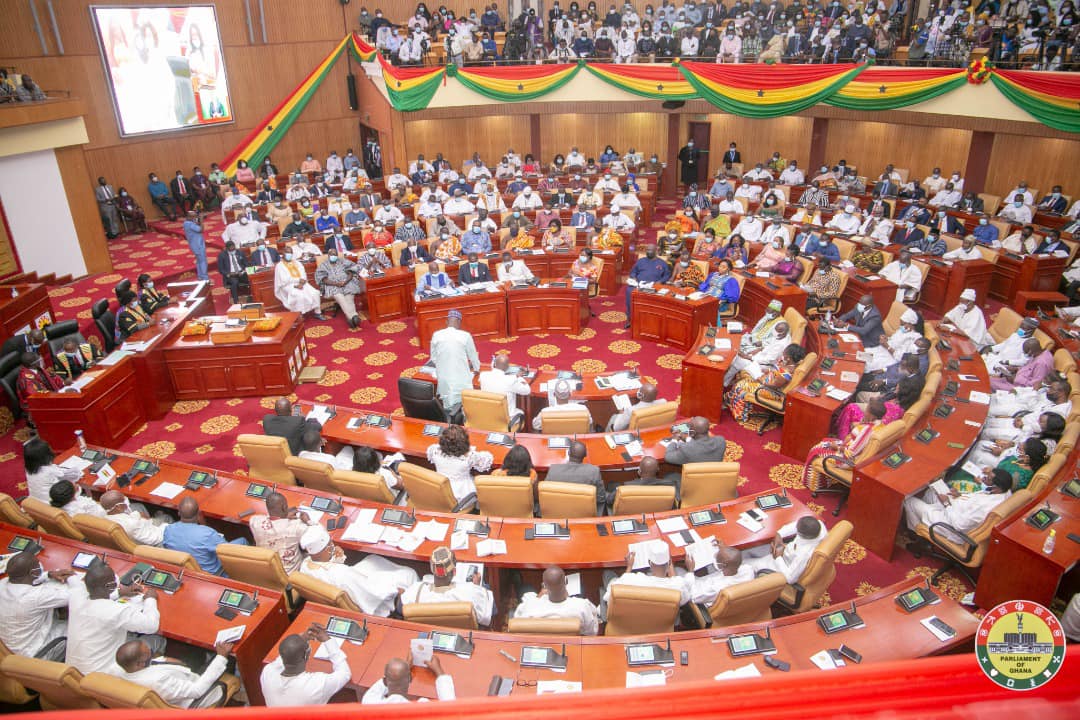Economist and Lecturer at UG Prof. Godfred Bokpin has described as unfortunate the passage of the controversial E-Levy.
The e-levy has been a major source of tension in Parliament and even among the public since it was introduced in the 2022 budget.
But Parliament on Tuesday passed the e-levy bill without the Minority MPs, who had staged a walkout.
Prof Bokpin reacting to the development told Citi Business News that “There are more efficient, progressive, fairer and equitable means of generating more tax revenue by improving efficiency along with existing tax handles. How much this e-levy can raise is far lower than what we could have gained if we had passed the exemption bill in 2019.”
READ ALSO :
E-Levy: Minority heads to Supreme Court
“During the 2019 SONA, the President told us that the biggest threat to Ghana’s revenue base is an exemption and told us that in 2018 alone, Ghana lost GHS4.66 billion and assured us that the new bill is being sent to Parliament. After all these years, nothing has been done. But look at the urgency with which we want to pass the e-levy. When you do that, you’re creating some sort of imbalance that says that the economy is set up to favour foreign capital against domestic capital formation and that is unfortunate.”
The levy, which was amended from 1.75 percent to 1.5 percent today, Tuesday, March 29, 2022, will be a tax on electronic transactions, which includes mobile-money payments.
The charge will apply to electronic transactions that are more than GH¢100 daily.
Critics of the proposal have warned that this new levy will negatively impact the Fintech space, as well as hurt low-income people and those outside the formal banking sector.
The levy has been the source of tension in Parliament since it was introduced in the 2022 budget.
The tensions culminated in a scuffle between lawmakers in Parliament in December 2021.
The government has, however, argued the levy would widen the tax net and that could raise an extra GH¢6.9 billion in 2022.
There are also concerns that the government may securitize proceeds from the e-levy to raise extra revenue.





